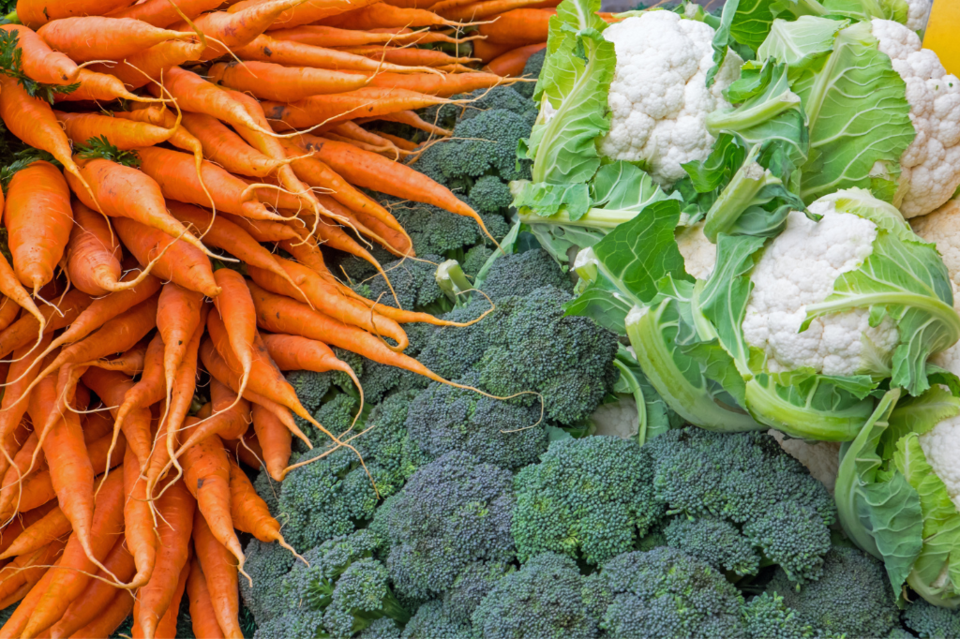It’s no big secret that most of us aren’t eating enough vegetables. A Statistics Canada analysis found that only 28% of Canadians aged 12 and older eat the daily recommended amount of veggies. Whether it's a lifestyle of convenience foods or a lack of variety in the foods we buy, getting that aspirational rainbow onto your plate can be a challenge.
But the good news is that some vegetables are powerhouses, packing in significantly more nutrients than some other veggies, and they are easy to incorporate into your diet with some creative ideas.
Here are 14 nutrient-packed vegetables that science suggests deserve a top spot in your meals:
1. Spinach
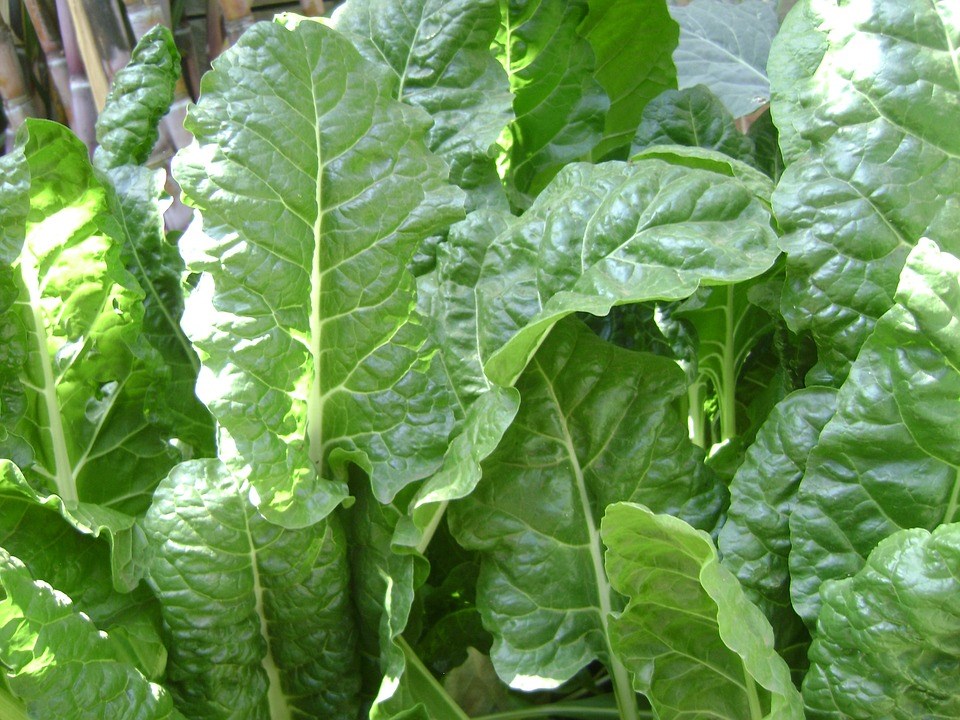
Spinach is a classic superfood that should make its way into your meals regularly. Packed with vitamins A, C, and K, it’s a nutritional powerhouse that promotes healthy skin, a boosted immune system, and supports bone health. It’s also high in iron and folate, which help with red blood cell production and energy levels.
Try this: Sneak a fistful of spinach into your morning smoothie, wilt a cup or two into a simmering soup, or add a rough chop of spinach to your scrambled eggs.
2. Kale
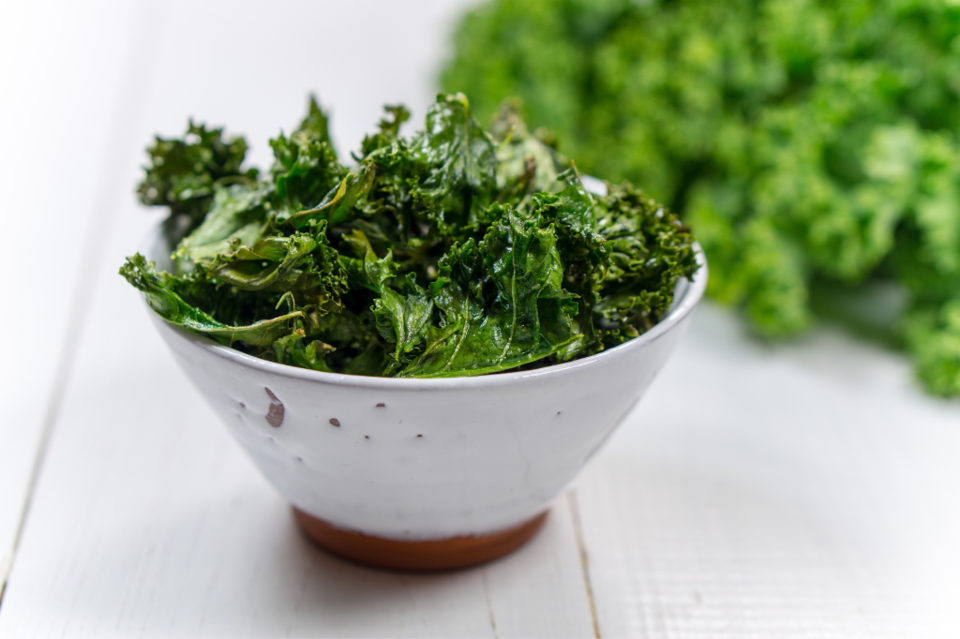
Another leafy green to add to your regular rotation, kale is loaded with antioxidants, vitamins A, C, and K, as well as calcium. These nutrients help protect against free radical damage, promote healthy skin, and support heart health. Kale is also high in fibre, which aids digestion and helps maintain a healthy weight.
Try this: Massage kale with a bit of olive oil and lemon juice for a tender, flavourful salad, crisp up some kale chips in the oven for a crunchy snack, or blend it into a pesto.
3. Broccoli
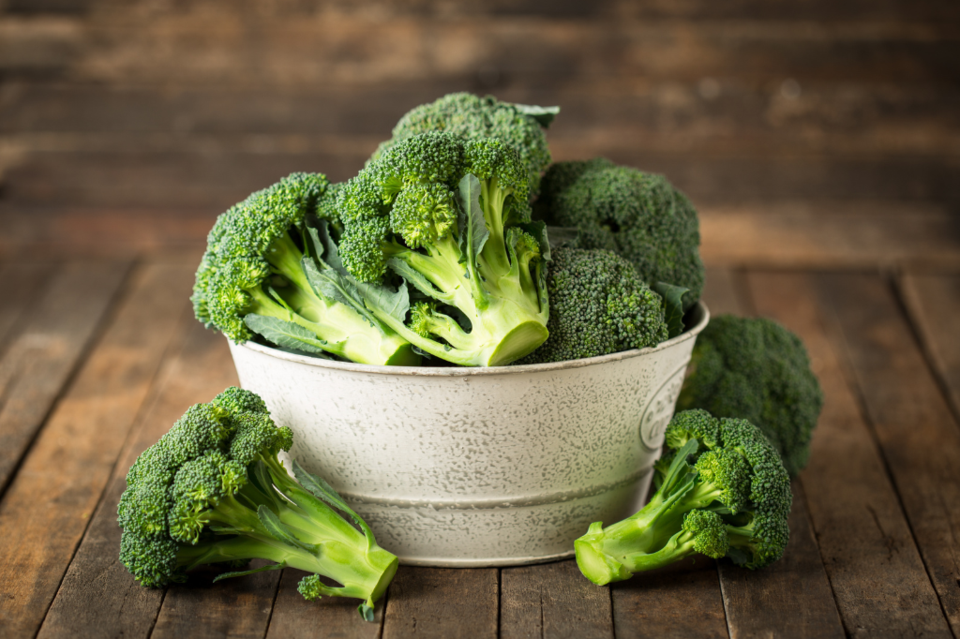
Broccoli isn’t just for the kids dodging veggies on their plates. It’s a fantastic source of fibre, vitamins C and K, and folate, all of which contribute to healthy bones, immune function, and glowing skin. Plus, it contains sulforaphane, a compound linked to a reduced risk of certain cancers.
Try this: Roast broccoli with garlic and parmesan for a crispy side, toss it into a stir-fry with soy sauce and sesame seeds, or blend it into a creamy soup with a touch of cheddar.
4. Brussels Sprouts
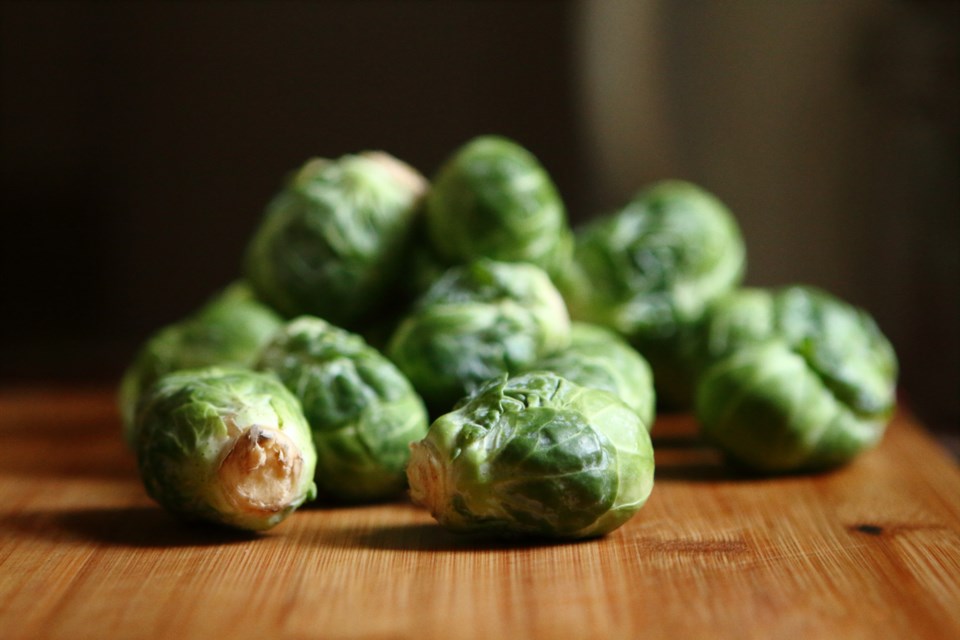
While it can be a love-it-or-hate-it veggie, Brussels sprouts are a great source of vitamin K, C, folate, and fibre. These mini cabbages also contain compounds that may help reduce inflammation and lower the risk of chronic diseases like heart disease.
Try this: Halve Brussels sprouts and pan-sear them with balsamic glaze, shred them into a slaw with apples and walnuts or roast them with maple syrup and crispy bacon.
5. Carrots
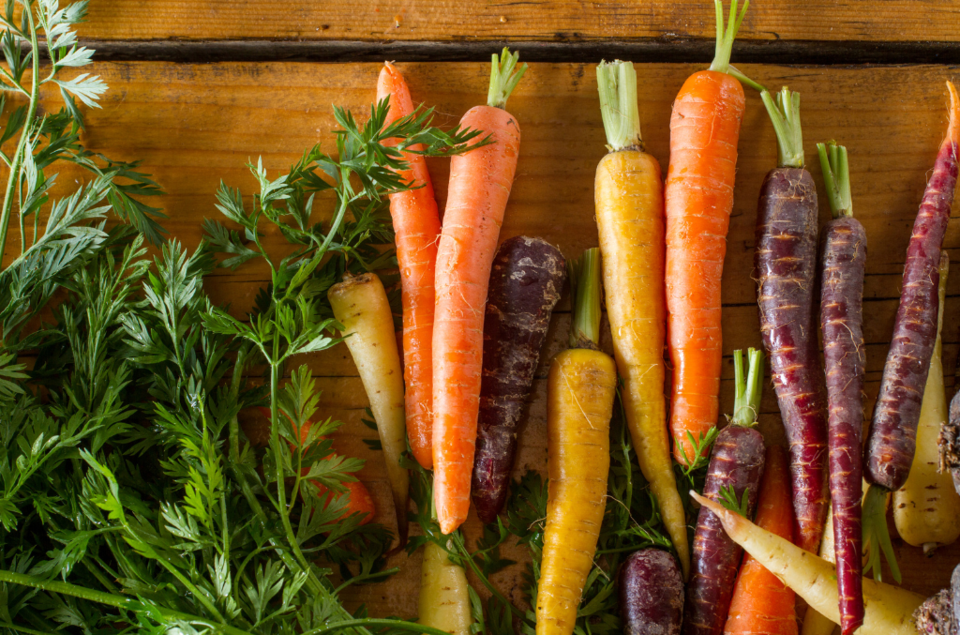
Carrots are best known for their high beta-carotene content, which the body converts into vitamin A. Vitamin A is crucial for eye health but supports immune function and cell growth. Carrots also contain fibre, which aids digestion and helps manage blood sugar levels.
Try this: Shred carrots into muffins for a naturally sweet boost, toss them into a stir-fry with ginger and soy sauce, or roast them with honey and thyme for a caramelized side.
6. Beets
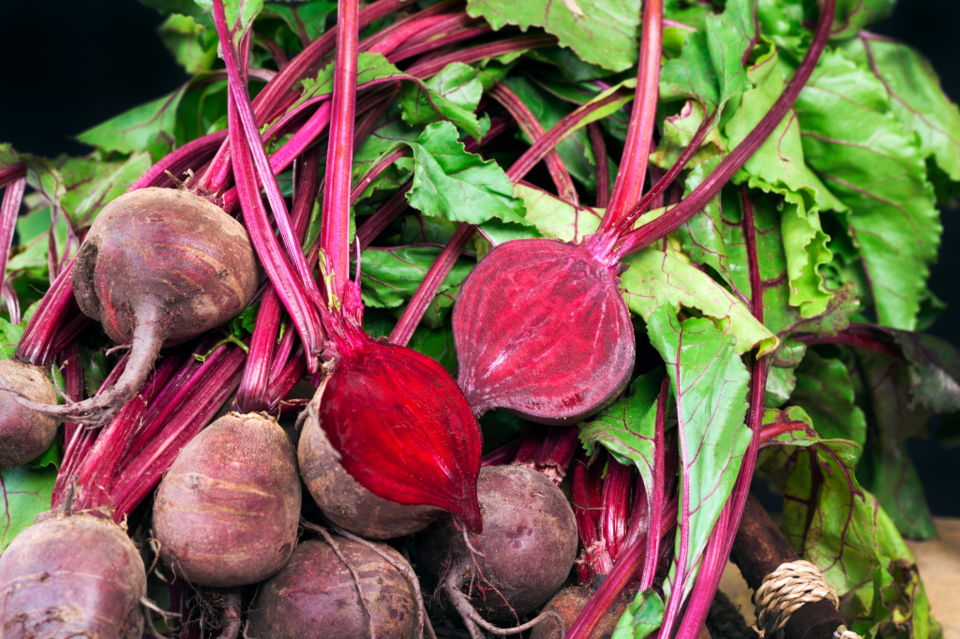
Earthy crimson-coloured beets are packed with antioxidants and anti-inflammatory compounds. They're also high in folate, manganese, and fibre. Beets' high nitrate content, which helps enhance oxygen efficiency in the body, has been linked to improved blood pressure and exercise performance.
Try this: Blend beets into a smoothie for vibrant colour and natural sweetness, roast them with goat cheese and walnuts for a hearty salad, or spiralize them into noodles for a fresh pasta alternative.
7. Cauliflower
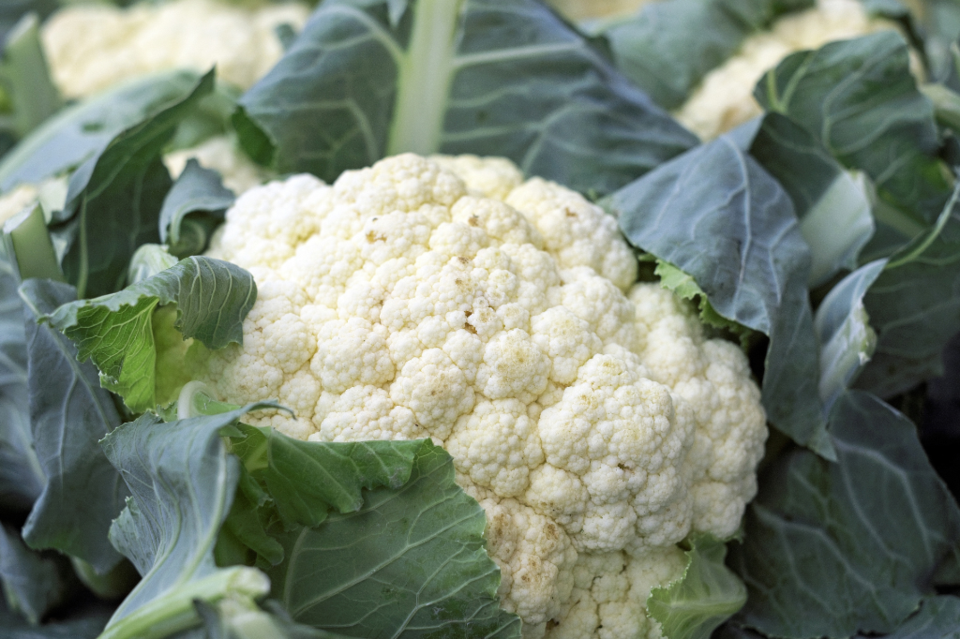
Cauliflower is a versatile cruciferous vegetable that can be used in a variety of dishes. It’s high in fibre, vitamin C, and several key antioxidants. It’s also a great source of choline, a nutrient that supports brain health and aids in memory.
Try this: Mash cauliflower with garlic and butter for a creamy mashed potato swap, roast it with curry powder for a bold side dish or pulse it into rice for a low-carb alternative.
8. Sweet Potatoes
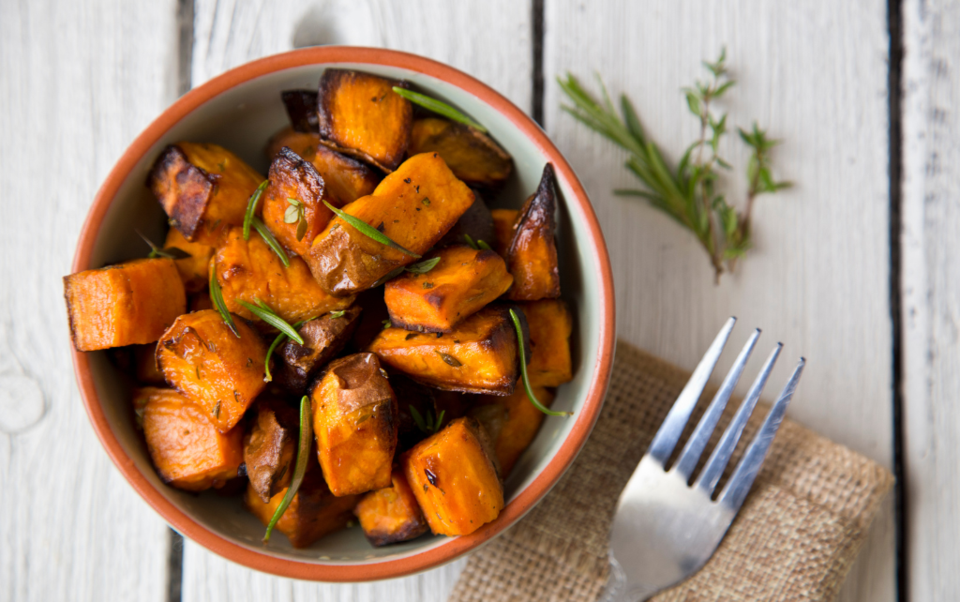
Sweet potatoes are rich in beta-carotene, fibre, and vitamins A and C. Their antioxidant properties also help combat inflammation, which is crucial for reducing the risk of chronic diseases.
Try this: Bake sweet potato fries with cinnamon and sea salt, mash them with coconut milk for a creamy side, or dice and toss them into a breakfast hash with eggs and avocado.
9. Green Peas
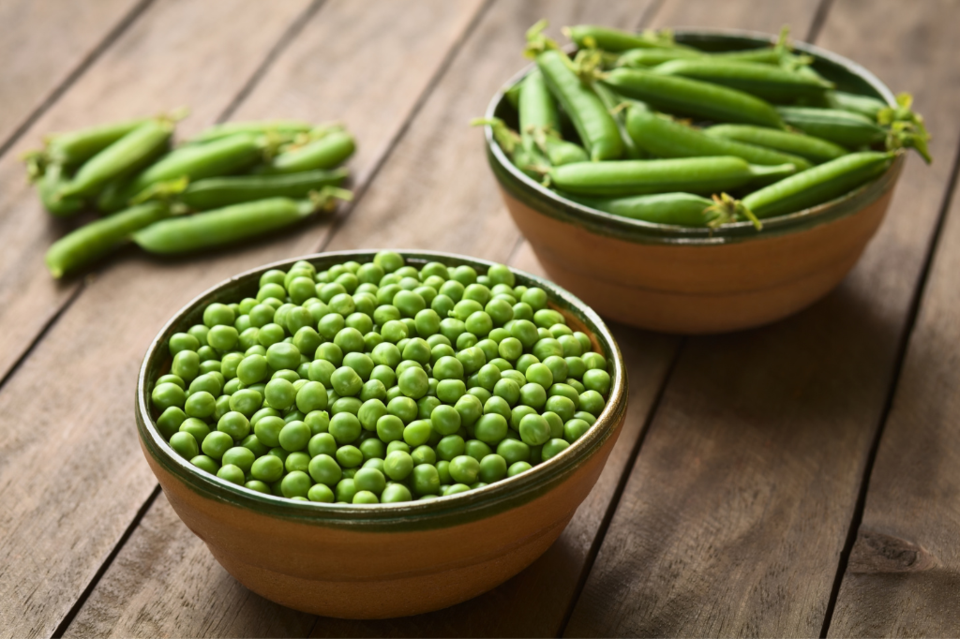
Green peas are packed with protein and fibre, making them an excellent option for anyone looking to add more plant-based protein to their diet. They're also a good source of vitamins A, C, and K, along with folate and manganese, supporting immune, bone, and skin health.
Try this: Puree green peas into a bright, herby dip with mint and lemon, toss them into pasta with parmesan and olive oil, or mix them into a quinoa salad for a protein boost.
10. Asparagus
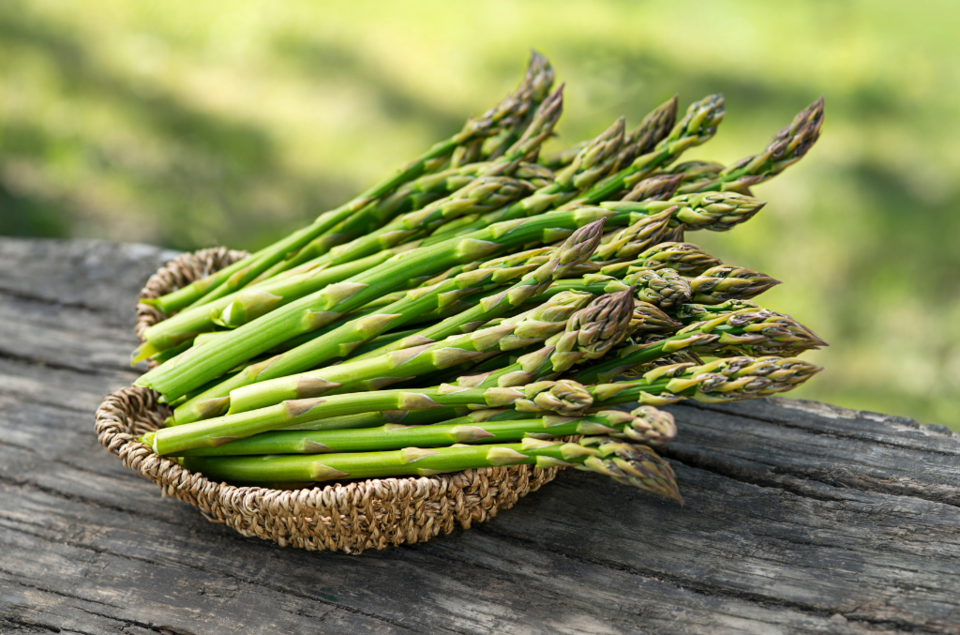
It might make your pee weird, but it’s terrific for health! Asparagus is incredibly rich in fibre, folate, and vitamins A, C, and K. It’s also a great source of antioxidants, which can help reduce oxidative stress in the body. Asparagus has been linked to improved digestive health and may help support heart health by lowering blood pressure.
Try this: Roast asparagus with lemon zest and parmesan, grill it and serve with a poached egg, or chop it into a frittata with goat cheese.
11. Swiss Chard
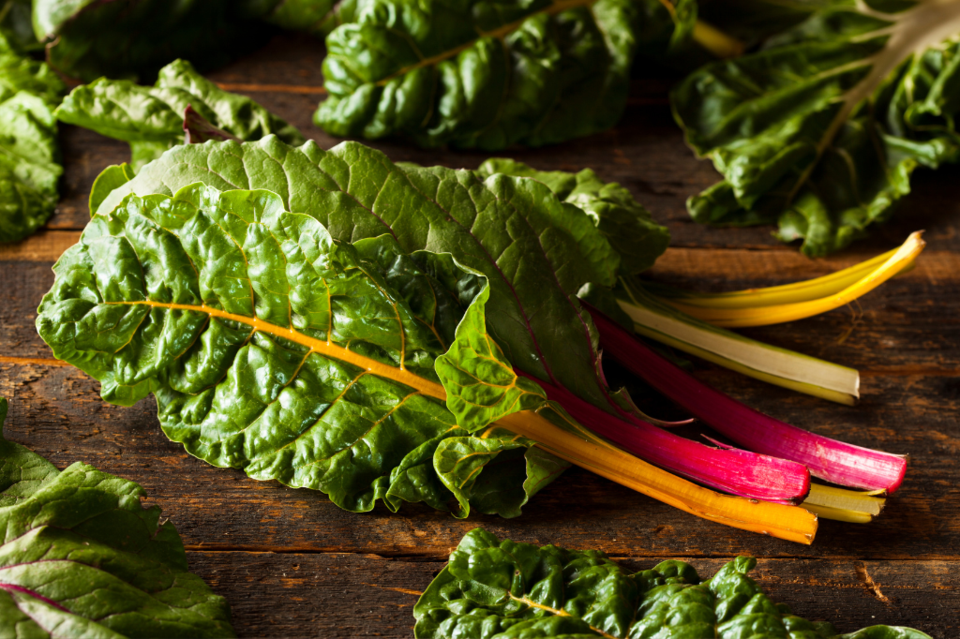
Swiss chard is an incredibly nutrient-dense vegetable, boasting high levels of vitamins K, A, and C. It’s also rich in magnesium, which is essential for muscle function, and potassium, which helps regulate blood pressure. Swiss chard has been linked to improved bone health and heart health.
Try this: Sauté Swiss chard with garlic and olive oil for a quick side dish, stir it into a lentil soup for added depth and amped-up nutrition, or wrap the leaves for a nutrient-packed lunch.
12. Collard Greens
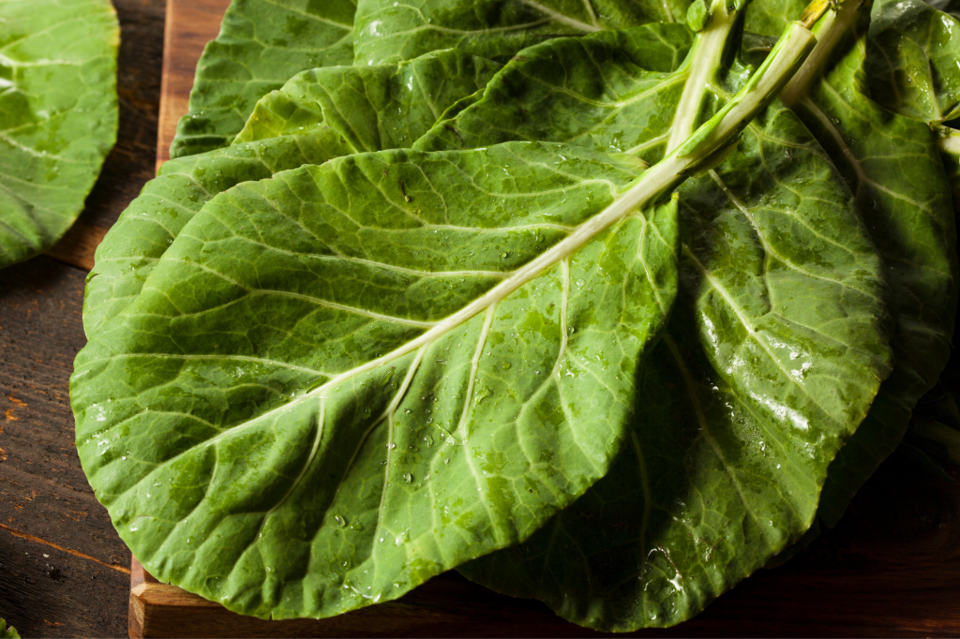
Collard greens are a great source of fibre, calcium, and vitamins A, C, and K. They’ve also been linked to a lower risk of chronic conditions like heart disease and cancer due to their high antioxidant content. Collard greens can also help promote healthy digestion and support strong bones.
Try this: Simmer collard greens with smoked paprika and a splash of vinegar for a Southern-style dish, use them as a wrap for tacos, or stir-fry them with garlic and red pepper flakes.
13. Cabbage
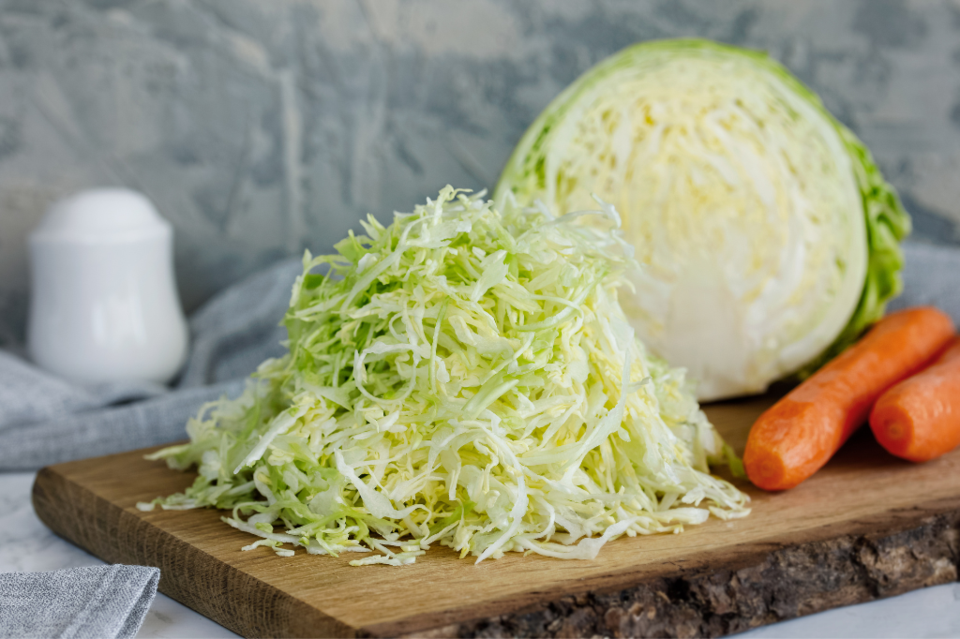
Cabbage is a versatile and affordable vegetable packed with vitamins C and K, folate, and fibre. It’s been shown to have potential cancer-fighting properties due to its high content of glucosinolates, which have been shown to support liver detoxification.
Try this: Shred cabbage into a tangy slaw with lime and cilantro, sauté it with onions for a simple side, or ferment it into homemade sauerkraut for gut-friendly probiotics.
14. Artichokes
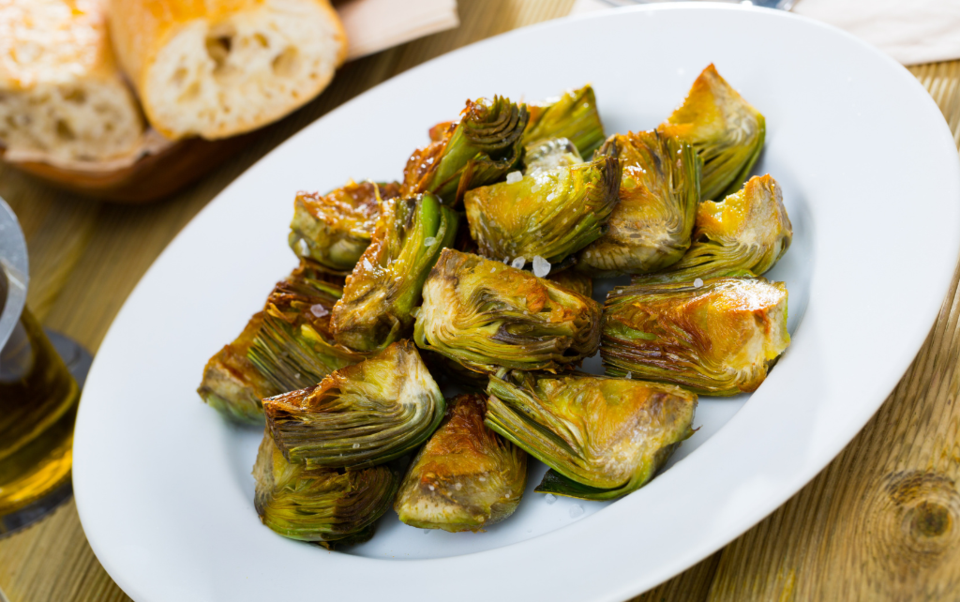
Artichokes may not always be top of the list when it comes to common daily veggies, but they should. They’re rich in prebiotic fibre, vitamin C, and antioxidants like chlorogenic acid, which have been shown to support liver health and may even improve digestion. Artichokes are also known to help lower cholesterol levels.
Try this: Roast artichoke hearts with garlic and parmesan for a crispy snack, blend them into a creamy dip with Greek yogurt and lemon, or toss them into a Mediterranean grain bowl with olives and feta.
About the Author

Alicia is a journalist and editor in digital and print media specializing in health, nutrition, fitness, and wellness. She was previously the Editorial Director of Clean Eating and Vegetarian Times. Her work has also appeared in Hone Health The Edge, Yoga Journal, Women’s Running, and Oxygen, among others. In addition to being a content creator, she's an ISSA-certified nutritionist, certified personal trainer, and fitness studio owner in Toronto. Alicia loves spreading the word about helpful, science-backed health information, and she can be contacted via her website at aliciamtyler.com.

